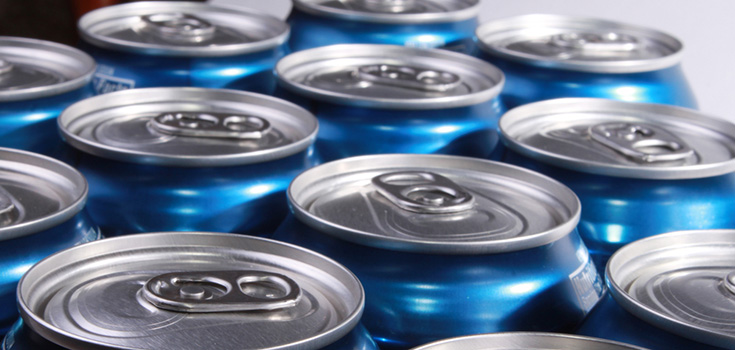Aspartame-Filled ‘Diet’ Soda Leads to Weight Gain

Andrew M Brown
The Telegraph
June 30, 2011
Where I work there is a canteen serving espresso coffee and cold drinks. You probably have the same thing. You can buy espressos, lattes, cappucinos and there are a couple of glass-fronted fridges containing neat, gleaming rows of canned drinks. Many of these are caffeinated, sugar-free “energy drinks” such as Relentless (made by Coca-Cola). They’re tremendously popular and you often see people coming back to their desks carrying a can of Diet Coke or the variant in black and red livery that’s marketed to men, Coca-Cola Zero. I prefer coffee myself for everyday drinking. I think Coke is best used just once in a while, or medicinally – very cold, iced Coca-Cola is a superbly refreshing hangover elixir, for example.
Presumably those of us who choose sugar-free drinks do so because because we think we can guzzle them without getting fat. Some say they prefer the flavour. But today we read that these drinks, with their artificial sweeteners, actually make people fatter than if they’d stuck to the conventionally sweetened versions. Actually, “make” is not right – there’s a correlation but that doesn’t prove causation. The study, of 474 people over 10 years, found that the more of the so-called diet drinks people drank, the fatter they got. Their waists grew six times as quickly as the control group’s.
This is alarming for people who drink diet-drinks expecting that they will stay sylph-like, but it’s not new or particularly surprising. Nutritionists have been saying for a while that sweet drinks, even if they don’t contain any real sugar, may mess up the body’s mechanisms for controlling appetite, as well as, it is theorized, the insulin and blood glucose levels. How does it affect the body’s appetite regulators when your tastebuds send a message to your brain that you’ve just swallowed three quarters of a pint of energy-dense sugar solution, only for your body to discover a bit later that it has been fooled, and that none of the expected calories are available to burn as energy? This is just theoretical, of course. There could be other reasons for the expanding waistlines of the fizzy pop drinkers – such as that they eat lots of highly calorific foods.
These revelations will do nothing to dent our appetite for sweetness. We love sugar and stuff that tastes of sugar. We love it as children and these days we seem to carry on loving it in adulthood. You see this in, for example, the kinds of alcoholic drinks which we favour. Real men, international business trouble-shooters and the like, may still gulp Scotch from heavy cut-glass tumblers with nothing more than a drop of water to blunt the harshness of it. But many other adults find they can only tolerate spirits if they’re mixed with fizzy pop – Jack Daniels and Coke, or the myriad sweet mixtures based on vodka. In sweet solutions spirits can be guzzled freely. Even the good old gin and tonic is a pretty sticky concoction.
Those who are concerned about their weight might be wise to take note of the new research, I feel, especially the bit which showed that heavy users of soft drinks saw a staggering 500 per cent greater increase in their waist circumference, which is apparently equivalent to “a six-fold increase”. That seems hard to credit, but there we are. There is an alternative to soft drinks, of course, which is pure and natural and free of additives – water. That’s what I like to drink. Ice-cold, it’s delicious. You can gulp as much of it as you like. As for soft drinks – we have been warned. As Helen Hazuda, professor of clinical epidemiology at the Texas University School of Medicine, warns: these drinks “may be free of calories, but not of consequences”.

For a diabetic like myself this is horrible news. You just can’t win. I wish everyone would just shut up about it. It doesn’t matter what you eat or drink, because whatever it is…..it’s bad for you. What the hell are people supposed to do? I’d live on bread and water but I can’t have the carbs in the bread…..so, you tell me.